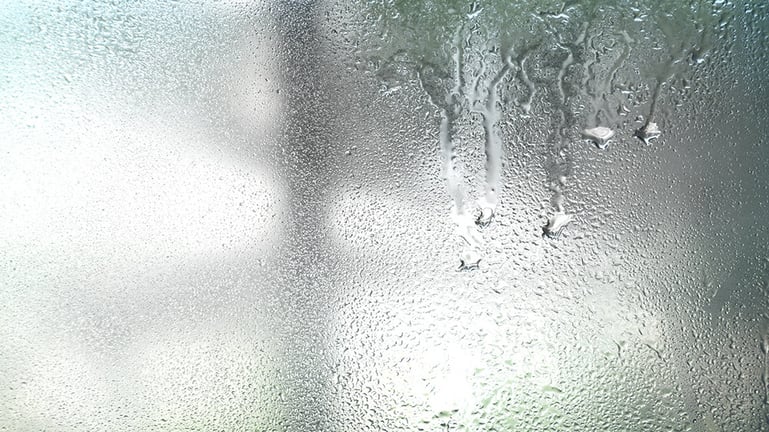
Weather conditions can have a severe impact on your outdoor unit's functionality. However, with proper preparation and a little luck from your weatherman, you could avoid heat exhaustion this summer.
Outdoor A/C units are tough machines that are normally built with two primary parts: The evaporator coil located inside your home’s furnace and the compressor unit located outside of your home. The latter is designed to withstand the elements like rain, wind, hail, and snow -- thanks to its hard, metal shell.
“So, if the compressor is designed to withstand all of that, summer weather won't affect my unit, right?”
Good question.
Because weather is unpredictable, unexpected factors can have an affect on your unit. For example:
- Humidity
- Heavy wind
- Flooding
- Blockage
All of those factors can play a role in making your A/C unit work harder than it should. This can lead to early burnout, so reward your unit by taking the following steps to ensure the summer weather doesn't make its job any harder.
Humidity
Air conditioning units are in a constant battle with humidity, and sometimes humidity gets the best of them. These HVAC systems are designed to remove moisture from the air in your home, so you can avoid that hot, sticky feeling.
However, this takes a lot of work, and if you’re using an old or poorly sized unit, the workload could be too much. This will cause wear and tear on your unit and raise your energy bill. Some warning signs that your unit is undersized for your home are a moist feeling in the air, a musty smell, or fog accumulation on windows.
If you notice any of these signs, call an HVAC technician to check your cooling system.
If replacing your unit isn't in the budget, ask about a dehumidifier attachment. While this isn't a permanent solution, it's still beneficial to your system and can potentially lower your energy bill.
Heavy Wind
Heavy winds can cause air conditioning problems. The damage caused by wind can throw debris at the condenser’s fan grill or carry small objects inside the unit, which can cause blade damage, blockage, and structural compromise.
Here are steps that you can take if you see severe winds in the forecast:
- Have a cover for your air conditioner on hand to keep out debris.
- Do not cover your unit in plastic wrap. This will cause corrosion by entrapping moisture.
- Remove the cover after the storm passes. Don't run the unit with the cover on.
- Remove unsecured objects like patio furniture, tools, decorations, and toys from your yard, so the wind doesn't throw them into your house or unit.
Flooding
While your air conditioning unit is designed to withstand even heavy rain, flooding can cause extensive damage to your cooling system. If rain build-up becomes higher than 6 to 8 inches, your outdoor A/C unit could be in trouble.
In these situations, it's important to have a draining system leading water away from your home, so your air conditioner is never submerged.
While some owners prefer to apply a cover, the technique is optional. Rain can remove dirt and pollen from your unit, but you should never cover your unit with a plastic or trash bag.
Blockage
Yard decorations can cause more harm than good. Even small fences that are commonly seen around A/C units can cause airflow blockage, which will cause the unit to work harder -- and you know what that means.
It's also important to check for blockage inside and around the unit itself. Birds and rodents are always looking for a place to nest, and A/C units are attractive options. Check your unit occasionally to ensure air blockage isn't occurring due to a nest.
If you notice blockage, relieve it as soon as possible. Lack of airflow promotes the growth of mold and organic material, which can damage your unit’s productivity and cause extensive damage to the inner components.
Air conditioners work hard day in and day out to ensure we come home to a cool atmopshere. It's only fair that we do what we can to keep them in prime condition for a heavy workload, especially if the weather is looking bleak.
A summer storm will do more than dampen your weekend if your cooling unit gets shut down. Keep your HVAC in check with this maintenance checklist:


